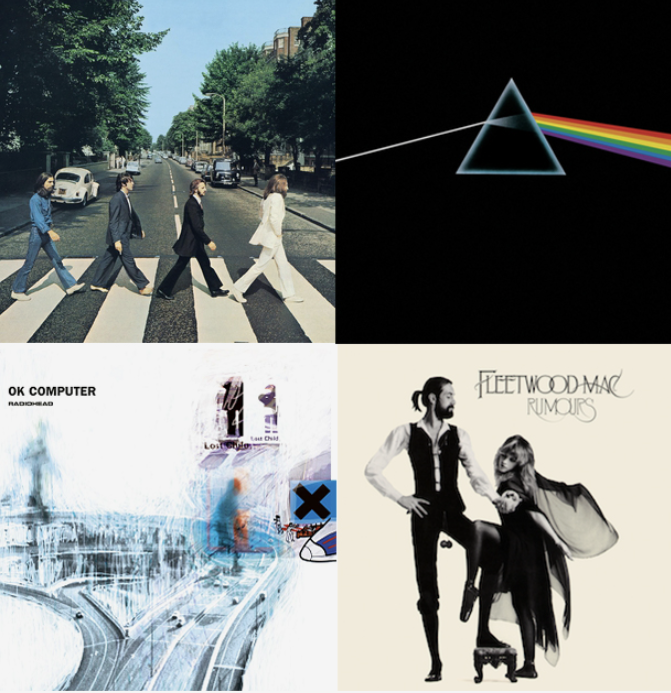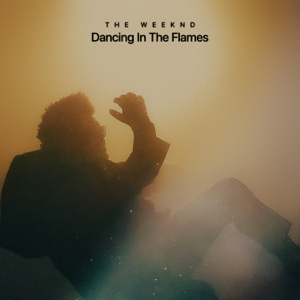BY JOSEPH DEBELL, OPINION EDITOR
Image courtesy of Joseph DeBell
A recent episode of The Rest is Entertainment podcast highlighted an intriguing trend: the near disappearance of bands from the music charts. Osman pointed out that bands dominated the charts in the early ’80s and ’90s for over 140 weeks each. But in the past five years, bands have claimed the number one spot only twice—once by The Beatles and once by Little Mix. The statistics are clear, but we shouldn’t be worried.
Bands are undoubtedly fading from the mainstream, but this trend isn’t necessarily a symptom of cultural decline or some insidious force at work. Instead, it’s part of a broader shift in the creative and economic landscape of the music industry.
The individualization we see today isn’t entirely new. Solo artists have always been marketable, with charisma, sex appeal and relatable personas, making them attractive to fans. This was as true in the ’70s, ’80s and ’90s as it is now. Think of the iconic personalities who drove interest in bands during those decades—Phil Collins, Freddie Mercury and others. Their larger-than-life personas often eclipsed the band itself, leading to a focus on individuals rather than the group dynamic.
What has changed is how music is made. Technology has revolutionized the creative process. Where bands once needed four, five or even six members to create a track — today — one or two people can achieve the same result; thanks to production software and online tutorials.
Why would an artist split royalties with five bandmates when they can do it all themselves and keep the profits? In an era where streaming royalties are infamously low, it makes financial sense to work solo.
Anthony Fatnano, a music commentator, recently wrote an opinion piece titled “There Are No More Bands.” in which he argued that the lack of bands could also be viewed as an effect of better producers and innovative technology.
“Even when you have an artist who maybe wants to go for a little bit of a rock thing on their album, or that’s just their overall esthetic and vibe, like Olivia Rodrigo, for example, when you want that sound, you want that energy, you often find a producer who could just conjure it all together themselves,” said Fanatno. “With far easier and more widespread access to various types of production technology, the sound of entire rock bands can be conjured by one person.”
The problem isn’t the lack of bands but how we discover music. With their homogenized, major label-driven algorithms, streaming platforms are stifling creativity far more than the absence of bands from the charts. If you’re looking for great music, you might need to dig deeper than the top 40. The magic of music hasn’t vanished; it’s just found new avenues to thrive.
debelljb22@bonaventure.edu









